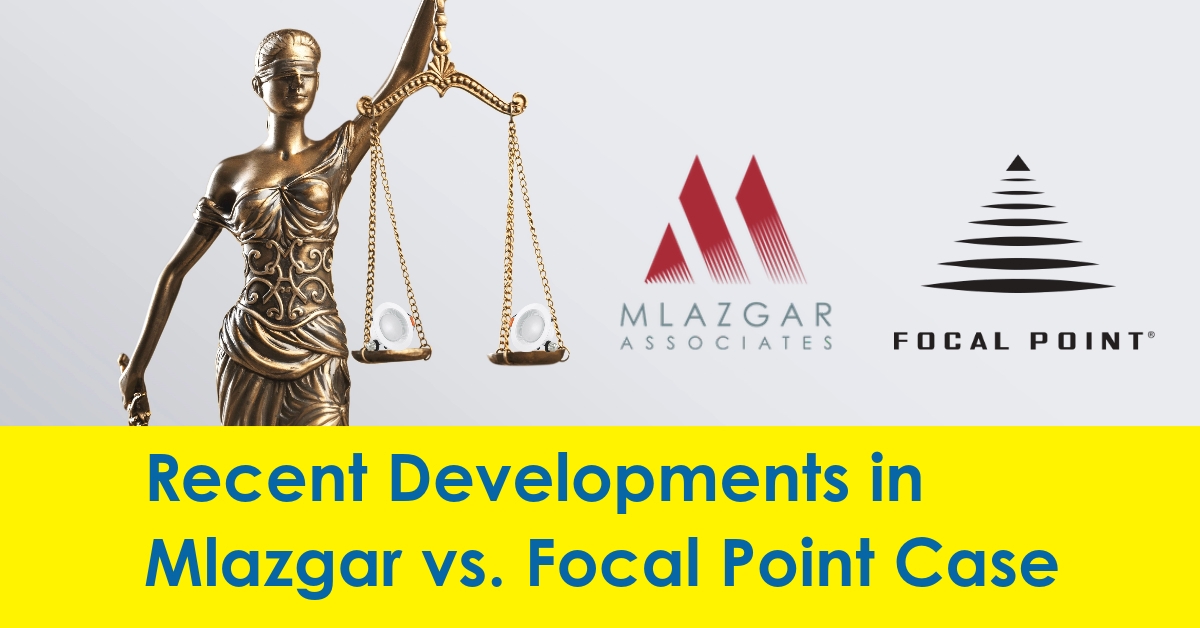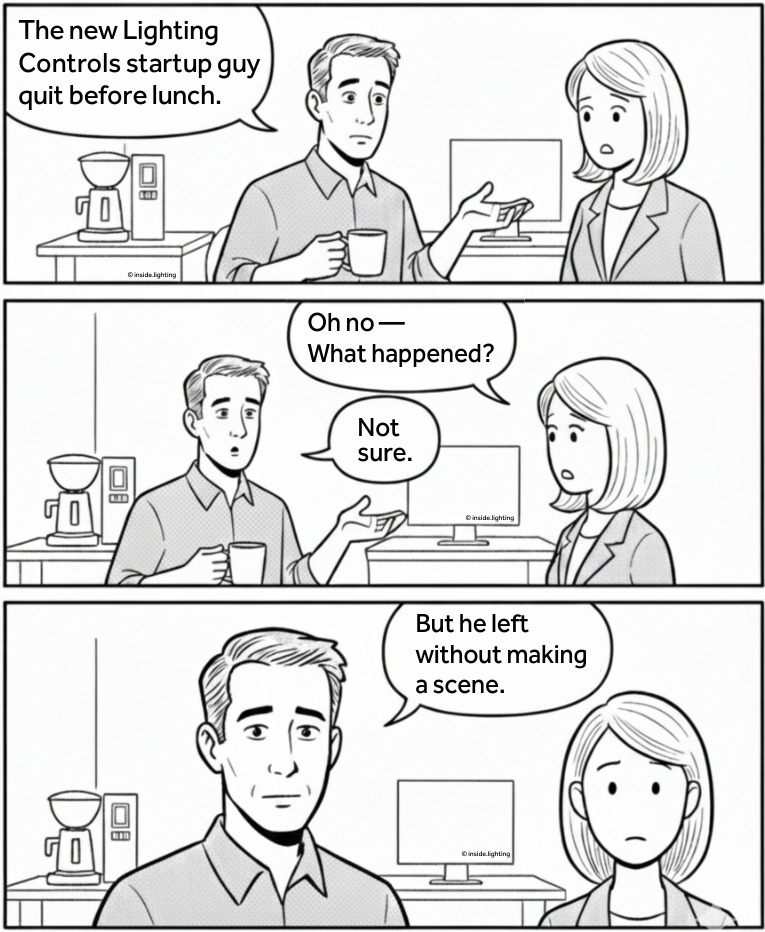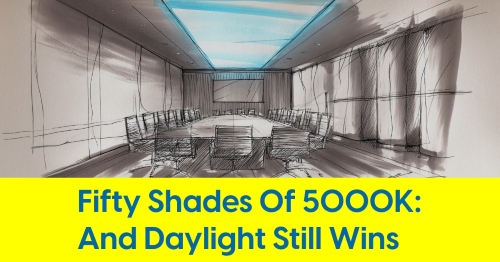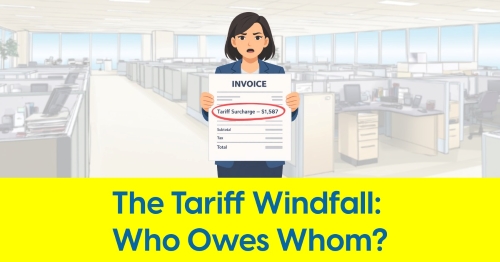October 18, 2023
Recent Developments in Mlazgar vs. Focal Point Case

The ongoing legal battle between Mlazgar and Focal Point intensifies as allegations, rebuttals and new claims surface.
In April 2022, lighting agent, Mlazgar, initiated a lawsuit against the architectural lighting manufacturer, Focal Point, in U.S. District Court in Minnesota. Central to the litigation is the alleged breach of an agent-manufacturer contract specific to the Wisconsin region.
Mlazgar's grievances range from Focal Point's purported unlawful attempt to terminate the Mlazgar partnership to allegations that Focal Point directed business away from Mlazgar towards rival lighting agent, JTH Lighting Alliance. The origins of this dispute trace back to February 2022, when Focal Point informed Mlazgar of its intent to terminate their contract, months after Mlazgar struck a new partnership with Cooper Lighting Solutions in Wisconsin. Subsequently, Focal Point partnered with JTH.
Mlazgar seeks a court declaration that would render the termination void and also demands overdue commissions and damages.
In the events that have since followed, some notable recent developments have occurred. Mlazgar has amended the complaint to include Focal Point parent company Legrand. Focal Point has filed numerous strong denials that aim to discredit all of Mlazgar’s assertions. Furthermore, Focal Point sister company, Kenall, has been roped into the discovery process. Kenall has cooperated with some of the discovery, but has also pushed back on many of Mlazgar’s requests that they deem superfluous.
Focal Point and its parent company, Legrand, recently submitted a 30-page memorandum to the court. In it, they methodically deny all allegations of wrongdoing and strongly urge the court to dismiss the case.
Strong Denials from Focal Point & Legrand:
In Focal Point's October 10 filing, it was noted that as the case trudged through the discovery process, and just three months before the discovery deadline, Mlazgar filed an amended complaint introducing ten new causes of action. These encompassed allegations ranging from fraud and trade secret violations to conspiracy and unjust enrichment. In response, Focal Point contended that Mlazgar's amendments were grounded in undue delay, bad faith, and futility. However, despite Focal Point's objections, Magistrate Foster permitted Mlazgar to move forward.
Discrediting the Fraudulent Inducement claim:
Mlazgar's Claims: Mlazgar alleges that Focal Point fraudulently induced them into a sales agreement. They claim Focal Point promised them exclusivity within a specified territory and assured them that they would not disclose Mlazgar’s confidential information.
Focal Point's Rebuttal: Focal Point counters this by highlighting the lack of detail in Mlazgar's allegations. They emphasize that Mlazgar has not provided the necessary specifics such as who made these alleged misrepresentations, what exactly was misrepresented, when these misrepresentations occurred, and where they took place. In essence, Focal Point argues that mere broad-stroke claims of deception and consequential reliance aren't enough, especially for a fraud claim.
Denial of Trade Secret Violations:
Mlazgar's Claims: Mlazgar asserts violations of both the Minnesota Uniform Trade Secrets Act (MUTSA) and the federal Defend Trade Secrets Act (DTSA). They contend that Focal Point used or disclosed their trade secrets unlawfully.
Focal Point's Counterarguments: Focal Point criticizes Mlazgar’s claims as being too vague. They note that while Mlazgar states that they've invested significantly in developing their trade secrets, they haven't articulated what these trade secrets are or how they were specifically misappropriated. Focal Point also argues that the complaint does not provide adequate details showing that they knew or should have known that the alleged trade secrets were acquired through improper means.
Focal Point rejects accusations of wrongdoing in collaboration with rival agent JTH
In a theme echoing arguments from a previous lawsuit Mlazgar filed against rival lighting agent JTH and several former employees, Mlazgar alleges that Focal Point and Legrand conspired with these individuals. The basis for this claim is that Focal Point/Legrand employees allegedly had conversations with the former Mlazgar employees. However, Focal Point contends that Mlazgar hasn't provided sufficient factual evidence to demonstrate that Focal Point knowingly assisted in any alleged breach of fiduciary duties by the former Mlazgar employees.
Relating to tortious interference, Focal Point claims that Mlazgar failed to distinctly identify a third party with whom they supposedly interfered. They also note the need for Mlazgar to demonstrate that Focal Point was not justified in their conduct. One of the more interesting legal points is Focal Point's assertion that a parent company and its wholly-owned subsidiary can't legally conspire together, as they share a “complete unity of interest.”
And another thing:
Finally, Focal Point challenges Mlazgar's claims for unjust enrichment. They contend that since a valid contract already exists between the two parties, seeking an equitable remedy of unjust enrichment isn't applicable.
Kenall gets roped in
Kenall, Focal Point’s sister company has been roped into the discovery proceedings. Their involvement paints a picture of both cooperation and contention. Wisconsin-based Kenall is also represented locally by JTH.
On the side of cooperation, Kenall has fulfilled many of Mlazgar’s requests. These include producing information related to a high-ranking Kenall executive and a narrowed down correspondence which involves business dealings between both parties, their termination of association, and funding ties in Wisconsin. Kenall will also present a USB drive containing essential documents, once they've cross-referenced it with a protective order.
However, things aren't entirely smooth. Kenall balks at numerous Mlazgar requests. Their objections center on overbreadth, undue burden, and the relevance of these requests. Specifically, they've highlighted that some sought documents are linked to non-employees and external entities like Legrand or Focal Point, making retrieval a cumbersome process. A sticking point also emerges over who foots the bill for document search and production, with Mlazgar declining to cover these costs, a move Kenall might contest. The court stands to resolve some of these frictions.
Other recent Mlazgar lawsuits filed against manufacturers:
-
Mlazgar has another open case in US District Court in South Carolina that makes many similar accusations against Current Lighting. That case is in the discovery phase which is expected to continue until at least April 2024.
-
In 2021, Mlazgar sued Pennsylvania based Spring City Electrical Manufacturing Co. alleging $60,806 in unpaid commissions. The parties seemingly settled the case and jointly agreed to dismiss the case in 2022.
-
In 2019, Mlazgar sued Signtex Lighting for breach of contract and unpaid commissions. The case was seemingly settled out of court and dismissed one month later.
-
In 2018, Mlazgar sued Missouri-based LED2 Solutions for breach of contract and $37,002 of unpaid commissions. Court filings indicate that LED2 Solutions was properly served with the lawsuit, but because they never responded to it, the court ruled in favor of Mlazgar.
-
In 2017, Mlazgar sued Crenshaw Lighting for commissions reported to be in the $300,000 - $500,000 range related to the Minnesota State Capitol project. That suit ended with an out-of-court settlement.
The ongoing legal battle between Mlazgar and Focal Point intensifies as allegations, rebuttals and new claims surface. With Mlazgar expanding its claims, Focal Point and its parent company, Legrand, remain steadfast in their defense, methodically denying any wrongdoing.










